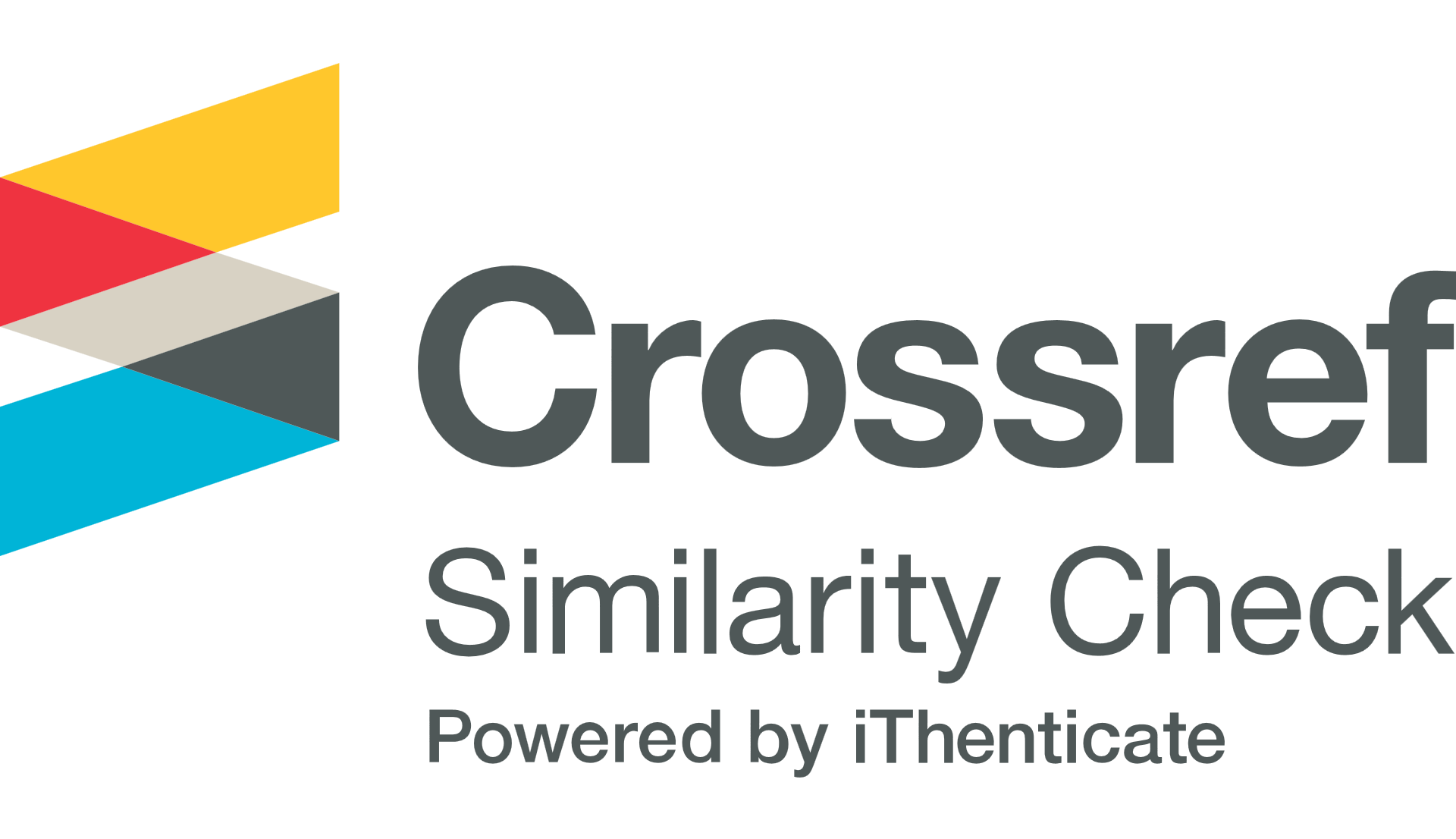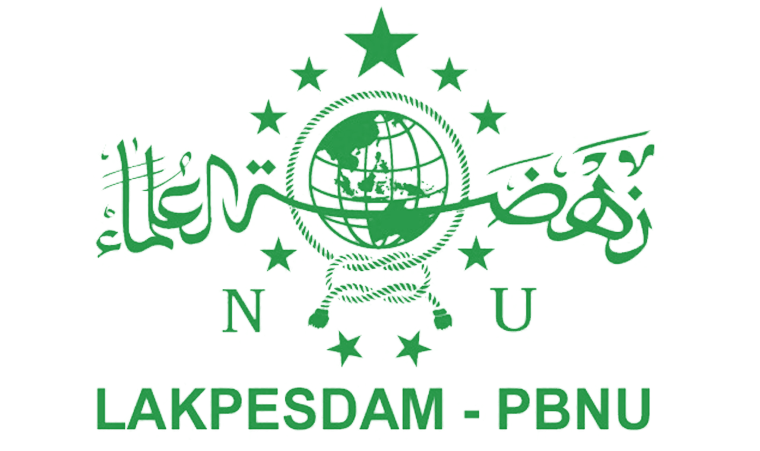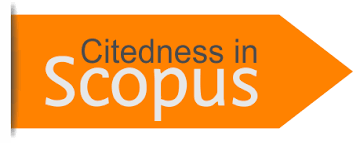MAJELIS TAKLIM AND SOCIO-CULTURAL TRANSFORMATION OF THE SOUTH TANGERANG SOCIETY
DOI:
https://doi.org/10.31969/alq.v27i2.953Keywords:
majelis taklim, socio-cultural transformation, muslim societyAbstract
Majelis taklim plays an essential and strategic role in the South Tangerang people's socio-cultural transformation. Amid the rapid flow of urban development, majelis taklim can still function in religious education and maintain the continuity and order of society's structure and socio-cultural system. Not only religious issues, but majelis taklim can also be a space to solve various socio-political problems. This article captures continuity and change, especially towards the expanding role of majelis taklim in South Tangerang using a qualitative method with a social history approach. In addition to the achievements, various challenges faced by majelis taklim in carrying out its socio-religious role in the modern era were also discussed. This study identifies several things. First, majelis taklim is increasingly recruiting members of various ages, education, occupation, and insight. This makes the majelis taklim more open and encourages the socio-cultural transformation of the South Tangerang people. Second, in responding to the times, majelis taklim often face administration, equipment, and communication challenges. Third, Muslims have a collective awareness about how important it is to study Islamic knowledge in majelis taklim. This motivated the community to establish majelis taklim until 2020 had reached more than 874 throughout the South Tangerang area. With the socio-religious role of majelis taklim, Muslims increasingly love their religion, deepening Islamic teachings through a religious education institution that plays an essential role in society's socio-cultural transformation
References
Abdullah, A. A., Awang, M. D., & Abdullah, N. (2020). Islamic Tourism: The Characteristics, Concept, and Principles. KnE Social Sciences, 2020, 196–215. https://doi.org/10.18502/kss.v4i9.7326
Abidin, Z. (2019). Majlis Ta'lim (Islamic Forum) and Harmonizing Inter-Faith Communication. Interdisciplinary Journal of Communication), 4(1), 115–136. https://doi.org/10.18326/inject.v4i1.115-136
Aisyah, S. (2018). Strategi Majelis Taklim Terhadap Pengembangan Dakwah. Jurnal Berita Sosial, 6(2), 12–23.
Aqsho, M. (2017). Keharmonisan Dalam Keluarga Dan Pengaruhnya Terhadap Pengamalan Agama. Jurnal Almufida, II(1), 36–51.
Arikarani, Y. (2017). Peran Majelis Taklim Sebagai Pendidikan Alternatif dalam Merevitalisasi Pengetahuan Agama. El-Ghiroh, 7(1), 68–88.
Asnaini, Arisandy, Y., & Eenfryanti, Y. (2019). The Empowerment of Majelis Taklim in Developing Independence of Household Economy in The Community of Kampung Nelayan Sejahtera in Bengkulu City. Madania, 23(2), 181–190.
Azra, A. (2020). Fenomena Beragama Dari Dunia Arab hingga Asia pasifik. Jakarta: Kencana.
Dahlan, Z. (2019). Peran dan Kedudukan Majelis Taklim di Indonesia. Al-Fatih: Jurnal Pendidikan Dan Keislaman, 2(2), 252–276.
Hasanah, U. (2019). Majelis Taklim and the Shifting of Religious Public Role in Urban Areas. Ilmu Dakwah: Academic Journal for Homiletic Studies, 13(34), 80–100. https://doi.org/10.15575/idajhs.v12i1.4632
Hasjmy, A. (1994). Sejarah Kebudayaan Islam. Jakarta: Bulan Bintang.
Hassan, I. (1989). Sejarah dan Kebudayaan Islam dari 632-1968. Yogyakarta: Kota Kembang.
Helmawati. (2013). Pendidikan Nasional dan Otimalisasi Majelis taklim: Peran Aktif Majelis taklim Meningkatkan mutu Pendidikan. Jakarta: Rineka Cipta.
Heryahya, A., Sujanto, B., & Rugayah. (2020). Implementation CIPP Evaluation of Keaksaraan Usaha Mandiri Program. Journal of Nonformal Education, 6(1), 9–18.
Ikhwan, A., Biantoro, O. F., & Rohmad, A. (2019). The Role of the Family in Internalizing Islamic Values. Dinamika Ilmu, 19(2), 323–335. https://doi.org/10.21093/di.v19i2.1746
Jadidah, A., & Mufarrohah. (2016). Paradigma Pendidikan Alternatif : Majelis Taklim sebagai Wadah Pendidikan Masyarakat. Jurnal Pusaka, 7(14), 27–42.
Lukman, S., Abidin, Y. Z., & Shodiqin, A. (2020). Peranan Majelis Taklim dalam Meningkatkan Pemahaman Keagamaan Masyarakat. Tabligh: Jurnal Komunikasi Dan Penyiaran Islam, 4(1), 65–84. https://doi.org/10.15575/tabligh.v4i1.802
Makdisi, G. A. (2005). Cita Humanisme Islam: Panorama Kebangkitan Intelektual dan Budaya Islam dan Pengaruhnya Terhadap Renaisans Barat. Jakarta: Serambi.
Mariam. (2019). Peran Majelis Taklim dalam Pemberdayaan Untuk Membentuk Kepribadian Muslimah (Studi Penelitian majlis ta’lim at Tauhid Karang Tanjung dan Tarbiyatul Ummahat Pagelaran Pandeglang-Banten). Jurnal Pengembangan Masyarakat Islam, 5(2), 121–136.
Maryam. (2019). Peran Majlis Ta’lim Nurul Iman dalam Pembentukan Sikap Keagamaan Masyarakat di Rt 10/02 Kelurahan Pagar Dewa Kec Selebar Bengkulu. Manhaj: Jurnal Penelitian Dan Pengabdian Masyarakat, 3(2), 26–50. https://doi.org/10.29300/mjppm.v3i2.2365
Mujahidin. (2018). Urgensi Majelis Taklim Sebagai Lembaga Dakwah Di Masyarakat. Alhadharah: Jurnal Ilmu Dakwah, 17(33), 1–12. https://doi.org/10.18592/alhadharah.v17i33.2372
Munawaroh, & Zaman, B. (2020). Peran Majelis Taklim dalam Meningkatkan Pemahaman Keagamaan. Jurnal Penelitian, 14(2), 369–392.
Mustofa, A. K., Muhyiddin, A., & Nase, N. (2017). Manajemen Majelis Taklim dalam Meningkatkan Fungsi Masjid. Tadbir: Jurnal Manajemen Dakwah, 2(1), 1–17. https://doi.org/10.15575/tadbir.v2i1.148
Nuraeni, H. A., Arif, A., & Bariyah, O. N. (2019). Improving the Management of Islamic Study Group: A Case Study of Jammiyatul Ummahat Majelis Ta'lim in Special Capital Region of Jakarta. Asian Journal of Contemporary Education, 3(1), 85–94. https://doi.org/10.18488/journal.137.2019.31.85.94
Nuraeni, Heni Ani. (2020). Learning Innovation with Mobile Devices ICT In Majlis Ta’lim Raudhotun Nisa Jakarta, Indonesia. Nadwa: Jurnal Pendidikan Islam, 14(1), 97–122. https://doi.org/10.21580/nw.2020.14.1.5979
Nuruddin, E. (2017). Metode Pembelajaran Partisipatif dalam Kegiatan Pengajian Ibu-ibu (Studi Kasus di Majelis Ta’lim Al Rosyad Sukamahi Desa/Kecamatan Pamanukan Kabupaten Subang). Jurnal Pendidikan Islam Rabbani, 1(2), 168–177.
Pulungan, M. Y. (2014). Peran Majelis Taklim dalam membina Keluarga Sakinah Masyarakat Muslim di Kota Padangsidimpuan. Takzir, 9(1), 121–139.
Quraisy, H., & Arifin, J. (2017). Eksistensi Majelis Ta’lim Asyifah di Kecamatan Pattallassang Kabupaten Takalar. Jurnal Equilibrium Pendidikan Sosiologi, 5(2), 183–193.
Rakhman, A. (2018). Implementation of Adults Learning In Majelis Taklim Nurul Kujang Cimahi. Jurnal Empowerment, 7(2), 10–19.
Riyadi, A. (2019). Pengembangan Masyarakat Lokal Berbasis Majelis Taklim Di Kecamatan Mijen Kota Semarang. Jurnal Ilmu Dakwah, 38(1), 1–30. https://doi.org/10.21580/jid.v38.1.3966
Rumilah, S., & Laili, U. F. (2019). Pemberdayaan Ekonomi Perempuan Berbasis Majelis Ta’lim Melalui Strategi Pemasaran Online Home Industry Kerupuk. Istithmar, 3(1), 87–106.
Salis, M. R. (2020). Kyai Leadership Style in Developing the Majelis Taklim in Islamic Boarding School. Nidhomul Haq : Jurnal Manajemen Pendidikan Islam, 5(3), 392–410. https://doi.org/10.31538/ndh.v5i3.842
Setiawati, N. (2012). Majelis Taklim dan Tantangan Pengembangan Dakwah. Jurnal Dakwah Tabligh, 13(1), 81–95.
Suriati. (2013). Majelis Ta’lim: Strategi Dakwah Dalam Mempererat Ukhuwah Islamiyah. Al Mishbah: Jurnal Ilmu Dakwah Dan Komunikasi, 9(2), 209–228.
Syamsidar. (2019). Strategi Komunikasi Majelis Taklim Nurul Ishlah Sebagai Media Pendidikan Dalam Meningkatkan Kesadaran Beragama. Jurnal Jurnalisa, 4(1), 121–135. https://doi.org/10.24252/jurnalisa.v4i1.5625
Wati, M., & Saputra, H. (2018). The Concept of Tabarruj in the Qur’an according to Muslim Commentators. AJIS: Academic Journal of Islamic Studies, 3(2), 163–189. https://doi.org/10.29240/ajis.v3i2.577
Yumni, A. (2020). Menguatkan Eksistensi Majlis Ta’lim dalam Pendidikan Islam. Nizhamiyah, 10(2), 42–51.
Zuhairini. (1986). Sejarah Pendidikan Islam. Jakarta: Ditjen Pembinaan Kelembagaan Agama Islam Departemen Agama.
Additional Files
Published
Issue
Section
License
Authors who publish with this journal agree to the following terms:
- Authors retain copyright and grant the journal right of first publication with the work simultaneously licensed under Creative Commons Attribution-NonCommercial-ShareAlike 4.0 International License that allows others to share the work with an acknowledgement of the work's authorship and initial publication in this journal.
- Authors are able to enter into separate, additional contractual arrangements for the non-exclusive distribution of the journal's published version of the work (e.g., post it to an institutional repository or publish it in a book), with an acknowledgment of its initial publication in this journal.
- Authors are permitted and encouraged to post their work online (e.g., in institutional repositories or on their website) prior to and during the submission process, as it can lead to productive exchanges, as well as earlier and greater citation of published work (See The Effect of Open Access).















